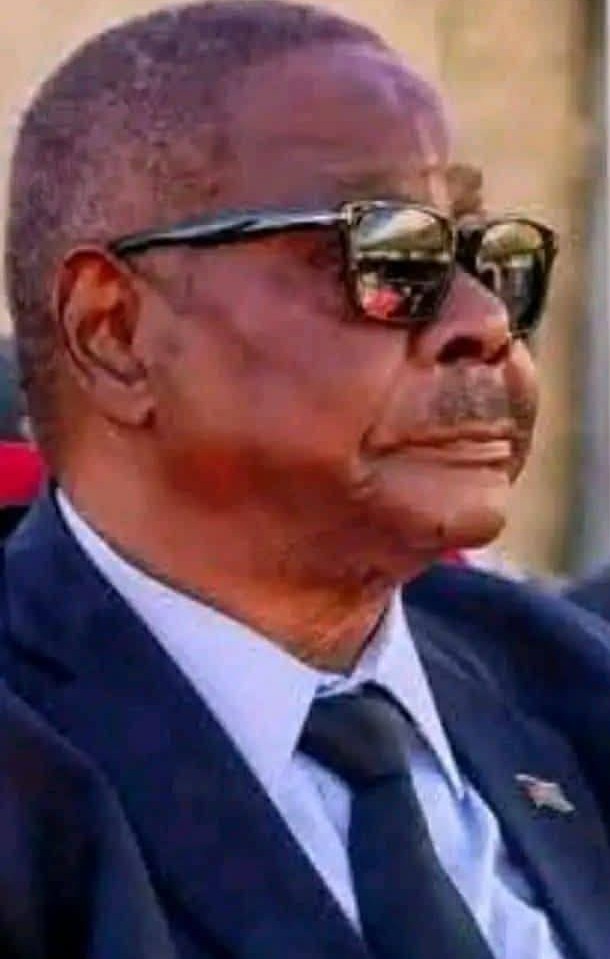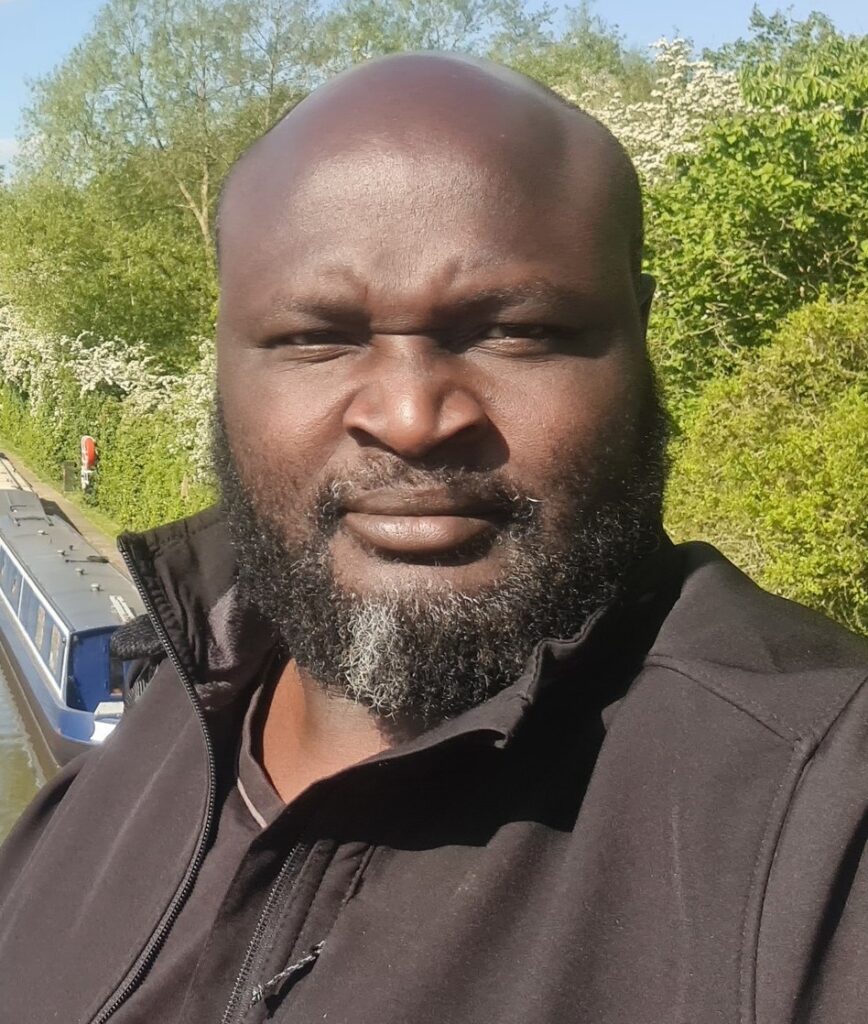Malawian journalism is dangerous. On one side, there are journalists committed to facts, fairness, and public accountability. On the other, there is Kondwani Bell Munthali and his like-minded mercenaries of the pen like Brian Banda—figures now embodying a worrying trend in this noble profession.
Kondwani’s résumé looks impressive: youth advocate, Nation Publications Limited, Malawi Broadcasting Corporation (MBC), political appointments under Minister of Trade Martin Kansichi, in Joyce Banda’s administration as Press Officer to her Vice Khumbo Kachali and later a diplomat in the UK.
However, what remains of Kondwani are his questionable motives behind his writings and postings on social media.
It is clear that Kondwani is another bitter man with unresolved scores. A man who has traded his pen and soul with vengeance.
Kondwani Bell Munthali began his journey as a youth advocate and journalist—roles typically aligned with activism, social justice, and principled reporting. At The Nation, MBC, and later back to The Nation, he earned a reputation for hard‑edged reporting and a willingness to challenge authority.
Yet, his subsequent shifts, from being a special assistant under Kansichi to joining Joyce Banda’s administration as Press Officer to her vice Khumbo Kachali, then riding the fringes of DPP politics, hint at opportunism. His abrupt switch from DPP to Joyce Banda when his master Bingu wa Mutharika died, and later political voyages back in the DPP with Arthur Peter Mutharika, suggest a chameleon‑like approach to power, where loyalty is fluid and ambitions paramount.
This erratic allegiance pattern muddies the credibility of his past journalistic persona.

His re-romance with DPP and APM opened with a posting to the UK at Malawi’s High Commission. A posting that raised eyebrows. Stories have it that APM was the only one in the DPP backing his appointment.
Insiders’ rumours suggest that no one in the DPP wanted to work with him and the embassy posting was a means to putting him away, very far from the DPP machinery.
When Dr Lazarus McCarthy Chakwera wrestled power from APM, Kondwani again engaged his machination on over drive. His attempt to culinary-politicking started by claiming relations to First Lady Monica Chakwera, who at every opportunity and for the ear that wanted to listen, he would call “my aunt”.
You see, Kondwani has a funny way of attaching himself to power. Everyone who comes from the north, in particular from Rumphi where he comes from, and has real money and power is a relation to him. He has at one time claimed that Catherine Gotani Hara was also his ‘aunt’.
But his desperate attempt to use this relationship card measerably failed with Madam Monica Chakwera.
Then, when Chakwera visited the UK for the first time in 2020 as President, he made attempts to attach himself to the new regime making advances to join Chakwera’s media team. This was famously rebuffed.
Next step. He resorted to attacking Chakwera’s media handlers for what he called “shoddy media and press arrangements” in the UK. This gave the impression that he was the only one capable to do the job, no one else.
Then came the Scotland debacle. Kondwani, as cunning as ever, he decided to mobilize several Malawians resident in the UK especially students to travel with him to Scotland to join the President in exchange for misery £50. These attempts were again met with a cold reception. The President’s team saw through his treachery and told him in uncertain terms to stay away.
That could mark the end of his dance with the Malawi Government, he was unceremoniously thrown out of the system.

After his official exit, Munthali took a hard pivot. He started by running his Facebook page as a DPP campaign platform painting everything Chakwera, black while portraying his buddy APM as the all clean one.
Later he launched The Investigator Magazine, a platform that amplified his scathing and biased reportage of the Chakwera administration.
The magazine’s slant has been sharply negative, characterizing governance decisions as failures and poking at scandalous missteps repeatedly.
The tone emerging from titles and summaries paints a picture: he uses The Investigator as a vendetta machine.
Kondwani’s Facebook presence todate is marred by frequent political jabs, conspiracy insinuations, and viral-style provocations.
Recently, he posted ahead of the release of late Saulos Klaus Chilima and others plane crash report by German investigators: “Anyone presenting a report not on the website akuteta. Actually beat her or him, he is the one that killed them.”
He presented his post as if the report which Malawi Government was presenting to the public has not been posted on the website of the Germany Federal Bureau of Aircraft Accident Investigation (BFU), only to realize later that the report was there and is the same government was using.
It was equally surprising that someone based in the UK would question the BFU’s reference to releasing the report in “summer,” arguing that we are currently in “winter.” While June may be considered winter in Malawi, anyone familiar with Europe—and particularly Germany—would know that June falls within the summer season there.
Following these mishaps, Kondwani has not taken time to pull down the post or apologize to Malawians.
These kinds of vague and sensational comments erode analytical integrity. They are more suited to viral outrage than to balanced journalism. Linking them to investigative rigor risks undermining the entire field.
Kondwani routinely frames his political critiques with identity tropes: northern ethnicity, alleged elite ties, moneyed motives. His claims of blood relations to the First Lady or political office‑holders recall a kind of aspirational narrative designed to force proximity.
The logic appears to be: “I belong. Let me in.” When rebuffed, resentment follows—as evidenced in Facebook rants and public personal attacks on Chakwera and everything to do with the current administration.
His digital presence and the Investigator itself lean into populist tropes: ‘fighting for the voiceless’, ‘overthrowing corrupt elites’, yet the tone betrays personal agenda.
Careful sourcing is sacrificed for sensational headlines. His social media, in particular, is full of shortcuts, implied conspiracies and ambiguous “facts.” There’s little evidence of multi‑sourced verification or methodical analysis.
Instead, content serves vindication, revenge, or both. The line between critique and character assassination is violated repeatedly.
What happens when prominent media figures allow personal vendettas to inject bias into public discourse? Malawi’s trust in journalism suffers. Investigative outlets must guard against weaponization—to ensure journalists don’t become caricatures.
Kondwani’s trajectory exemplifies the dangers that when political office is exchanged for journalism, separation of personal interest from reporting becomes impossible. The Investigator, and Kondwani himself, must clarify where accountability stops and fairness begins.
Kondwani is at risk of replacing civic mission with personal mission. That’s antithetical to public service journalism. Real investigative work requires discipline—source corroboration, transparency, ethical temperament.
From what we see from Kondwani is profound bitterness over denial of access to the current administration; ethnic and identity play as sway tactics; rants and conspiracies over credible investigative journalism; and a consistent inability to acknowledge his own role.
That’s not investigative journalism, that’s vindictive publishing.
Kondwani Bell Munthali began his career with promise, but along the way, the line between principled critique and personal vendetta blurred.
His career moves and current platforms suggest journalism in deference to vendetta, not vitally balanced inquiry.
If Kondwani truly seeks to inform rather than inflame and reclaim the trust that Malawians once had for him as a journalist, he would: acknowledge past biases and missteps; recommit to transparent, multi‑sourced investigation; refrain from sour Facebook tirades; and anchor The Investigator in verifiable journalism, not grievance storytelling
Malawi’s media ecosystem needs journalists who scrutinize power with integrity—not those who swing their pen as a club in personal fights. Kondwani’s lens is distorted. Before public trust collapses further, he and his peers must choose rigor over revenge.




